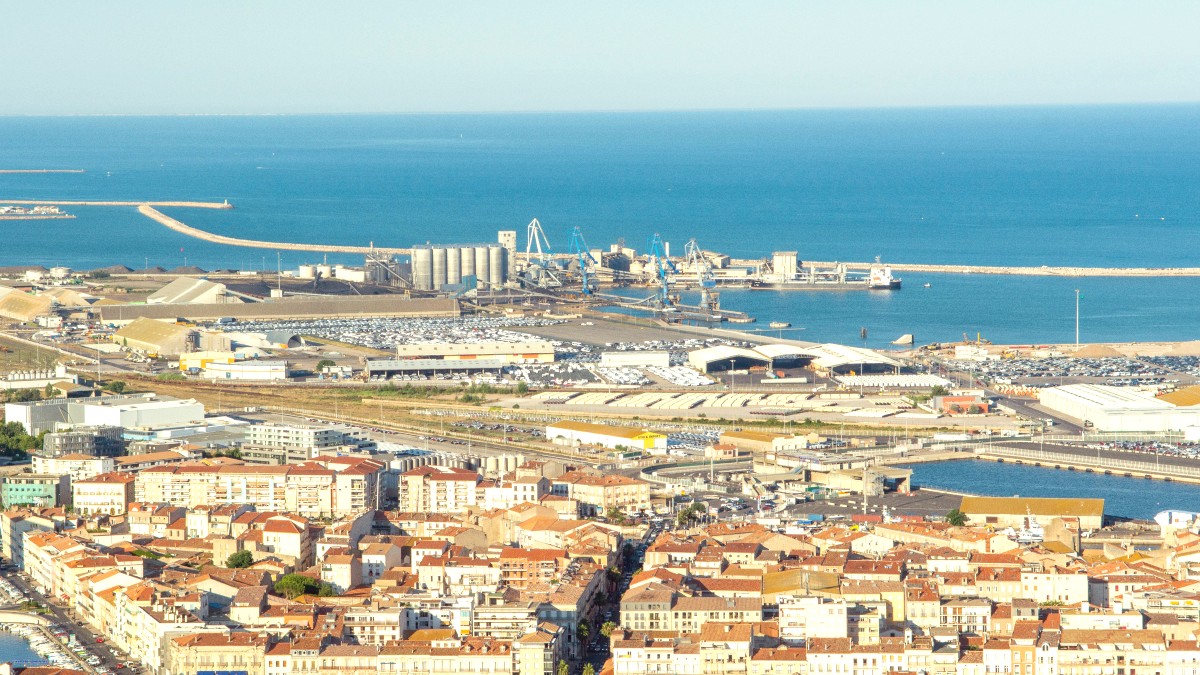
France
The city experiences a Mediterranean climate, meaning hot, dry summers and mild, wetter winters.
Climate patterns throughout the year: Summer (June-August) averages 20°C (68°F) to 30°C (86°F), often exceeding 30°C (86°F) in July and August. Very dry with minimal rainfall, ideal for beaches. Humidity generally moderate. Autumn (September-November) temperatures drop from 24°C (75°F) to 12°C (54°F). October and November are the wettest. Winter (December-February) ranges from 5°C (41°F) to 12°C (54°F), moderately wet. Spring (March-May) rises from 10°C (50°F) to 20°C (68°F), with increasing sunshine.
Plan your activities around Sète’s distinct seasons for optimal enjoyment.
Beach & Water Sports: July to early September. Hiking & Cycling: April-June and September-October for comfort. Cultural Events & Festivals (e.g., Jazz à Sète, Saint Louis Festival): July-August. Wine & Oyster Tasting: Year-round, but shoulder seasons are notably pleasant.
July-August
Warmest weather, perfect for beaches. All attractions and tours fully operate.
Most crowded period, accommodation and activity prices highest.
May-June, Sep-Oct
Temperatures pleasant. Fewer crowds, moderate prices. Sea warm in September. Ideal for outdoor pursuits.
Smaller seasonal businesses might reduce hours or close in late October.
Nov-Apr
Fewest tourists, lowest prices for accommodation and flights. An authentic local immersion. Good for indoor attractions.
Cooler weather. Some businesses may close. Ferry services to North Africa limited.
France is part of the Schengen Area, simplifying travel for many nationalities. A short-stay visa provides up to 90 days within any 180-day period for tourism, business, or family visits. Long-stay visas apply for stays over 90 days (work, study, family reunion).
The process varies by your nationality. Visa-required nationalities apply through the French Embassy/Consulate or a designated center. Visa-exempt nationals (e.g., USA, Canada, Australia, UK, Japan) do not need a Schengen visa for short stays. A new European Travel Information and Authorisation System (ETIAS) authorization will be needed for visa-exempt non-EU nationals, estimated mid-2025.
Valid 3 months beyond departure, issued last 10 years, 2 blank pages.
Complete and accurate submission.
Adhere to photo specifications.
Hotel bookings or invitation letter.
Bank statements confirm sufficient funds.
The currency used is the Euro (€).
ATMs are widely available throughout Sète for cash withdrawals. Most hotels, restaurants, and shops accept major credit and debit cards (Visa, MasterCard). American Express is less commonly accepted. Inform your bank of your travel plans to prevent card freezing. Consider using a travel-friendly credit card that does not charge foreign transaction fees.
Price ranges vary significantly based on your choices.
Consider a Stanley Quencher H2.0 FlowState Stainless Steel Tumbler, 40oz for refilling with tap water. This method saves money and lowers plastic waste.
France maintains a high standard of healthcare.
Sète's waterfront beckons travelers with its lively atmosphere and scenic views.
Minor risks include flash floods during intense autumn rainfall. Occasional strong winds (Mistral, Tramontane) also occur. Sète is not in an earthquake zone.
Tsunami risk from the Mediterranean remains extremely low. Travel insurance covers many unexpected events.
For adventurous travelers, finding the right insurance matters. Specific policies cater to diverse activities and longer stays.
Explore World Nomads for adventurous journeys.
Without proper coverage, unexpected events create significant costs.
Digital nomads and remote teams often benefit from specialized insurance policies tailored to their mobile lifestyle.
Check SafetyWing for nomad-friendly plans.
Standard policies might not cover long-term or frequent international travel.
When flights face delays or cancellations, passenger rights entitle travelers to compensation under EU regulations.
Discover AirHelp for compensation up to €600.
| Category | Recommended Item | Purpose |
|---|---|---|
| Water Safety | LifeStraw | Portable water filtration. |
| First Aid | Adventure Medical Kits | Comprehensive first aid supplies. |
| Anti-Theft | Pacsafe | Secure bags and travel security. |